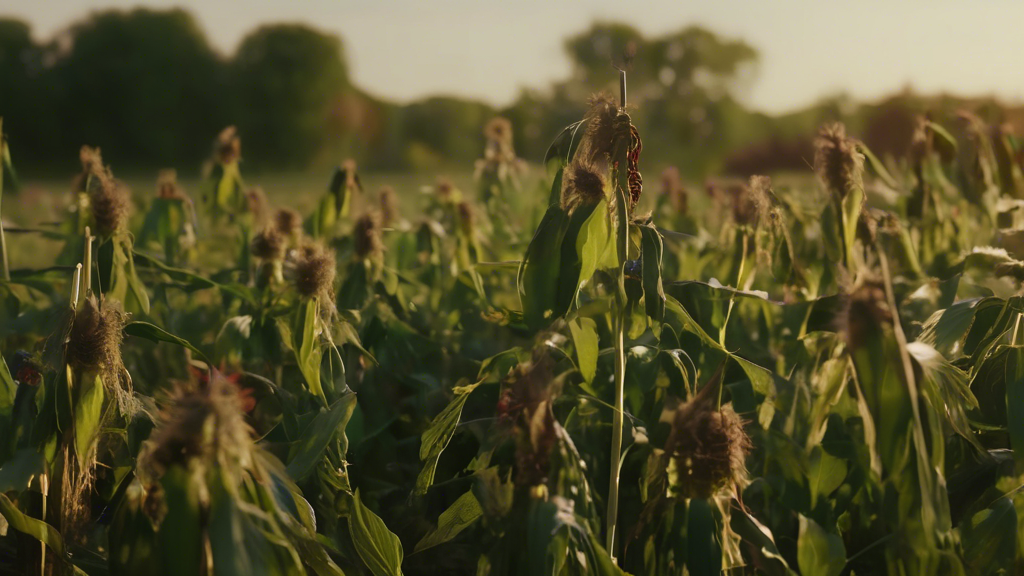Iowa Tribe of Kansas and Nebraska Leads Regenerative Agriculture Revolution

Regenerative Agriculture Initiative by the Iowa Tribe of Kansas and Nebraska
The Iowa Tribe of Kansas and Nebraska has embarked on an ambitious regenerative agriculture project aimed at transforming its farming practices. This initiative addresses significant issues such as food insecurity and environmental degradation. The shift was motivated particularly after the tribe observed devastating impacts of neonicotinoid pesticides, which killed bees on their lands, underscoring the urgent need for more sustainable agricultural methods.
Funded by the USDA, the Center for Excellence in Regenerative Native Agriculture has emerged as a pivotal component of this initiative. This center's mission extends beyond the tribe, aiming to educate both Native and non-Native farmers about the benefits and practices of regenerative agriculture. By leveraging such educational programs, the tribe hopes to foster a broader adoption of sustainable farming practices across communities.
The Move Away from Monocropping and Embracing Diverse Practices
One of the critical pillars of the Iowa Tribe’s new approach is addressing the detrimental effects of monocropping. This traditional practice of growing the same crop year after year in the same soil leads to nutrient depletion and severe soil degradation, making it increasingly unsustainable. The tribe's innovative practices include crop rotation, the use of cover crops, and managed grazing, all designed to restore soil health and biology.
The tribe is also broadening its agricultural portfolio, diversifying its products beyond traditional crops to include non-GMO vegetables, Black Angus beef, eggs, industrial hemp, and CBD tinctures. Additionally, they market products under the Ioway Bee Farm brand. Such diversification not only benefits soil health by reducing the need for herbicides and pesticides but also offers economic resilience through varied product income streams.
Benefits to the Community and Environment
Initial results from these regenerative efforts have been promising. The Iowa Tribe reports noticeable improvements in soil health and crop yields within just a year of implementing these principles. For example, the tribe has observed better-tasting tofu beans and increased overall yield productivity, indicating the early success of regenerative practices.
Beyond the agricultural and economic benefits, the transition to regenerative agriculture holds cultural significance for the tribe. It offers an opportunity to reconnect with their heritage and traditional land stewardship methods, historically practiced by their ancestors. The ultimate vision of this project aligns with their holistic worldview, focusing on creating a symbiotic relationship between the land, health, and cultural heritage. The overarching aim is to foster a healthier environment, improve food security, and protect biodiversity.
Looking for updates? Sign up to our newsletter for weekly snippets.


